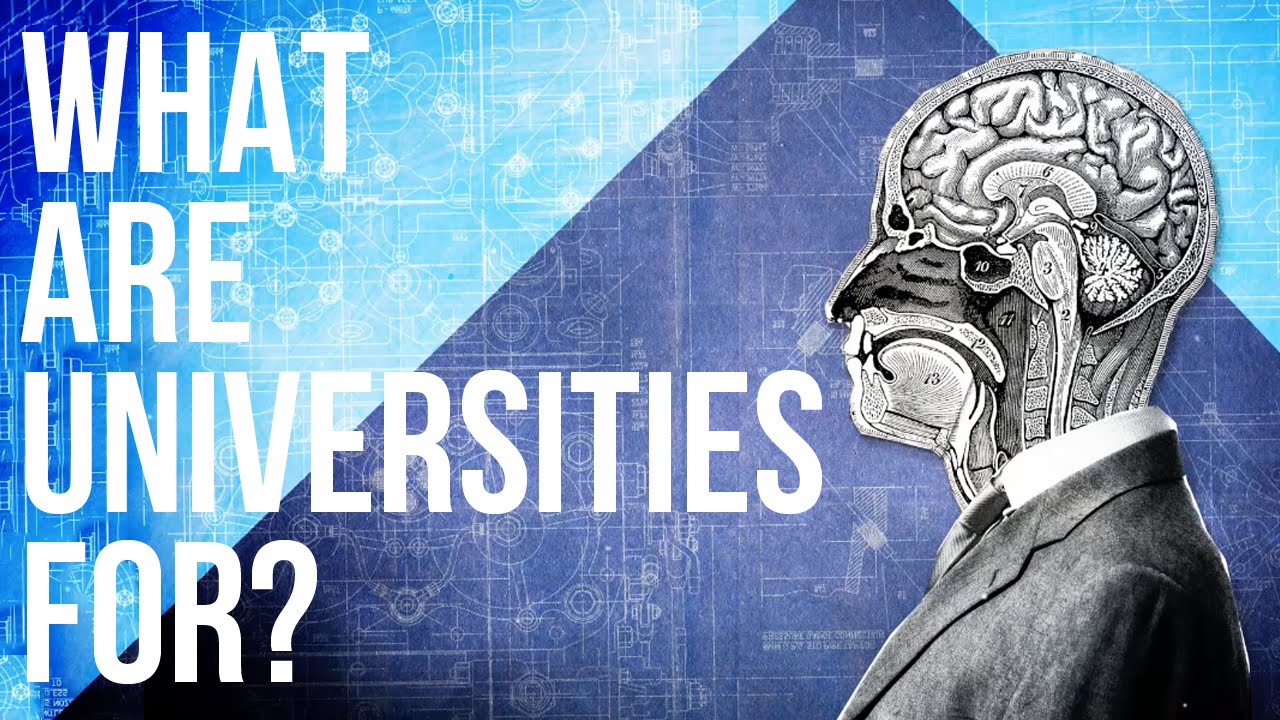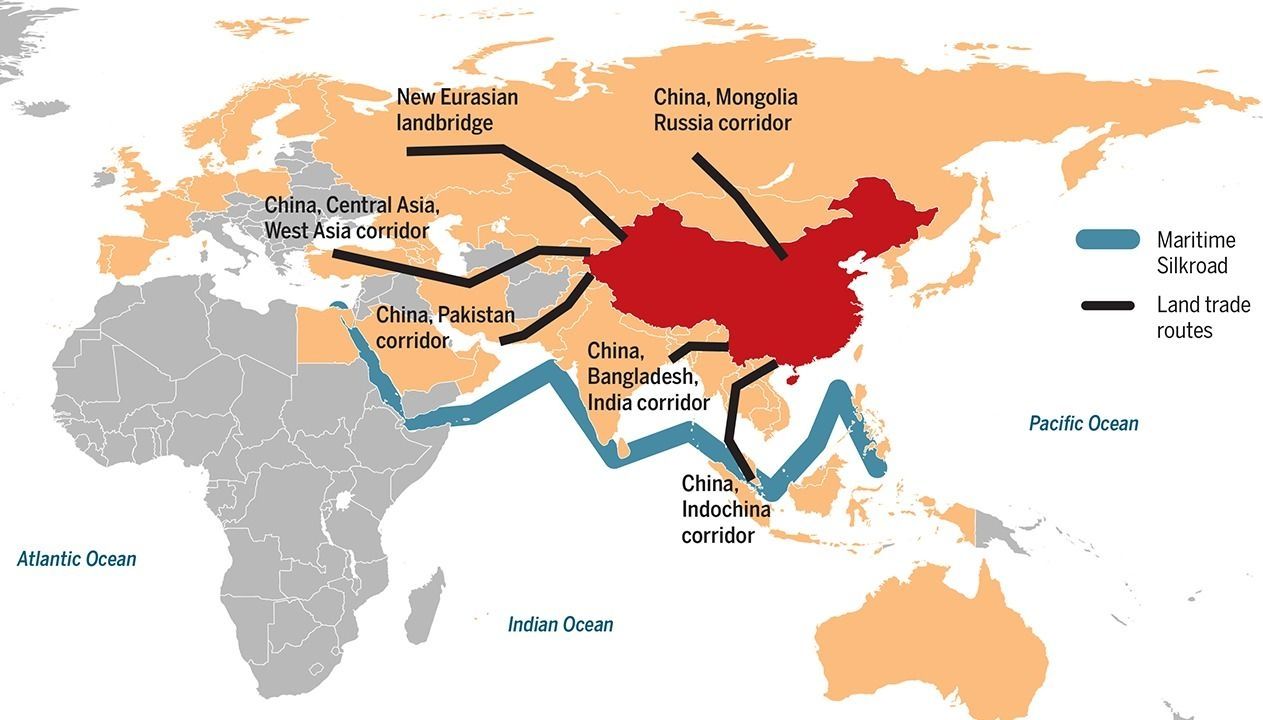May 28, 2017
The Solar Industry Is Creating Jobs 17 Times Faster Than the Rest of the U.S. Economy
Posted by Dan Kummer in categories: economics, employment, energy, sustainability
Jobs in the solar field in the United States grew at a rate 17 times faster than the overall economy. This was part of a larger trend towards jobs in renewable energy and away from more dangerous, less sustainable jobs in fossil fuels.
A new report released by the International Renewable Energy Agency (IRENA) reveals that solar jobs in the U.S. (and other nations) are expanding quickly. As of November 2016, the American solar industry employed 260,077 workers. This is an increase of 24.5% from 2015, with a growth rate that is 17 times faster than the United States economy as a whole.










 but adoption that mirrors the shift in our very understanding of bookkeeping, trust and transparency.
but adoption that mirrors the shift in our very understanding of bookkeeping, trust and transparency.






